Schedule a Call Back
How to prevent rust in industrial environments
 Articles
Articles- Dec 17,21
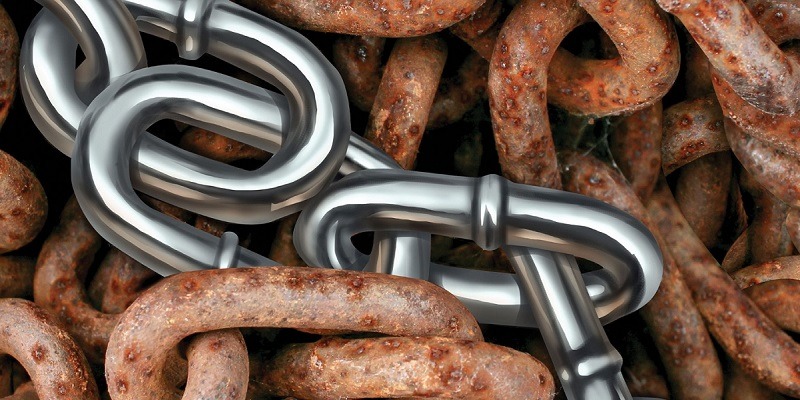
Related Stories

Beyond fixed automation: The rise of dynamic factory systems
In this article, Emily Newton highlights how dynamic factory systems use AI and automation to boost resilience, efficiency, and flexibility in manufacturing.
Read more
How AI Enhances Aftermarket Part Planning for Manufacturers
As AI continues to transform the manufacturing landscape, it is also revolutionizing the aftermarket part planning segment. In this article, Emily Newton explores how AI is helping manufacturers enh..
Read more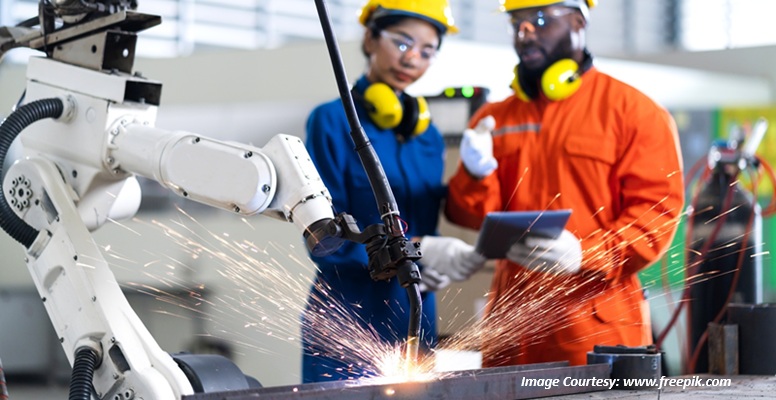
AI-Powered Welding Robots setting a new standard in Top-Tier Automotive Plants
As manufacturing plants undergo digital transformation and Industry 5.0 expectations, AI-powered welders will become more common, says Emily Newton.
Read moreRelated Products
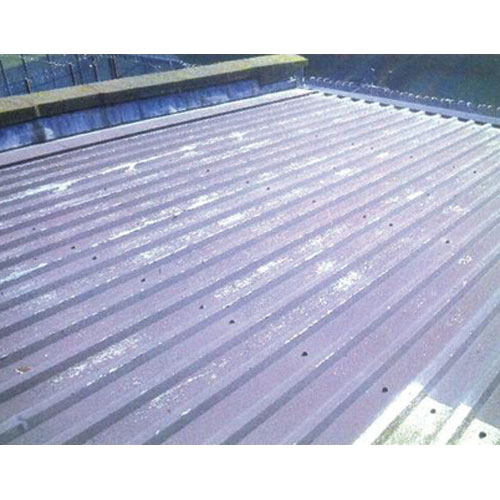
Polysiloxane Anti Corrosion Coating
Clean Coats offers polysiloxane anti corrosion coating.
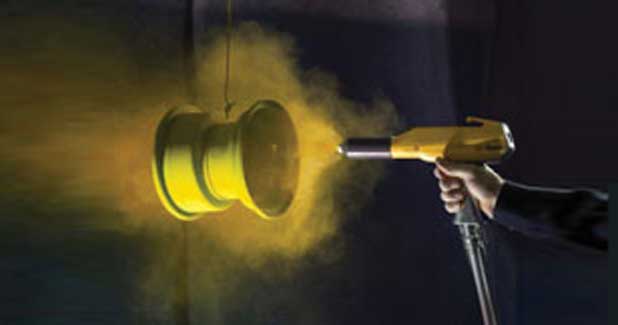
Powder Coating Services
Jekmin Industries offers a wide range of powder coating services Read more
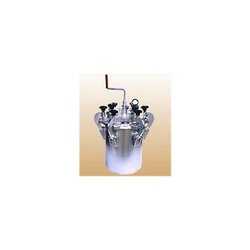
Painting Equipments
We are a renowned manufacturer and supplier of a wide range of Blasting and Painting Machines, Testing Instruments and Abrasive Products. The products offered by us are manufactured using high-grade r Read more




















